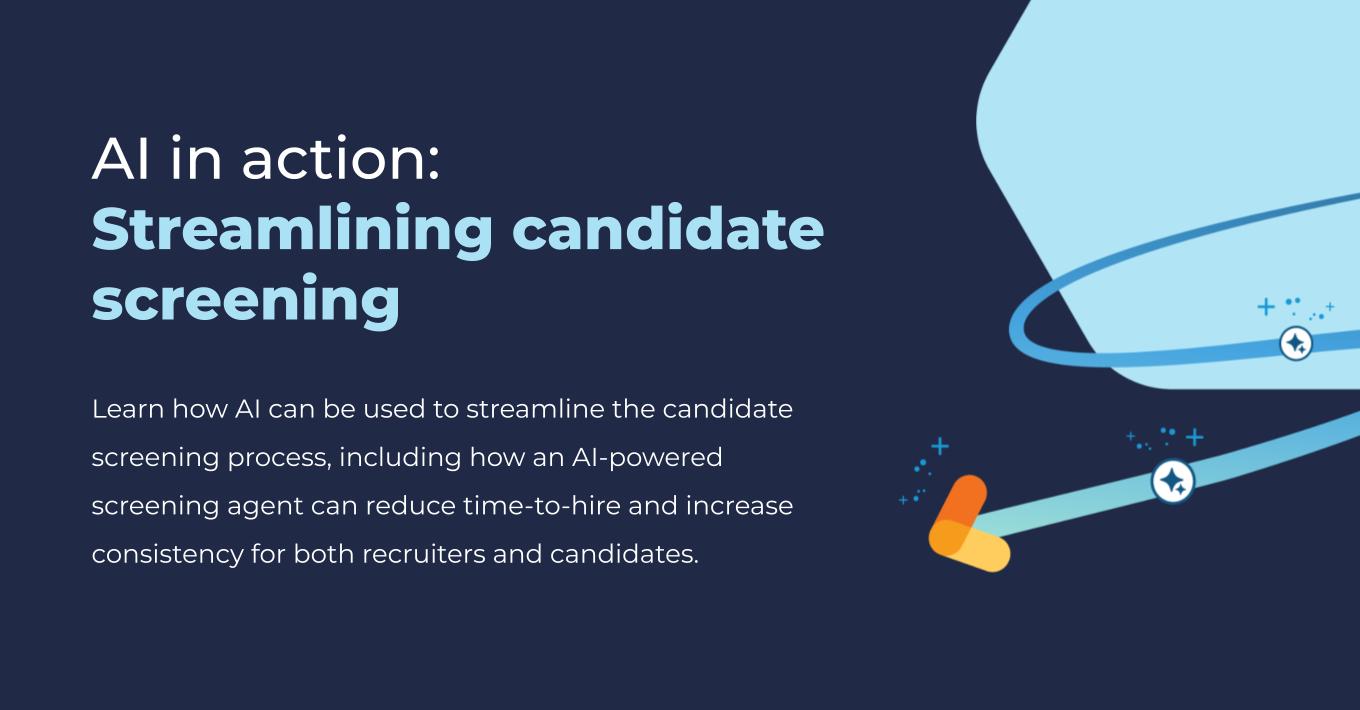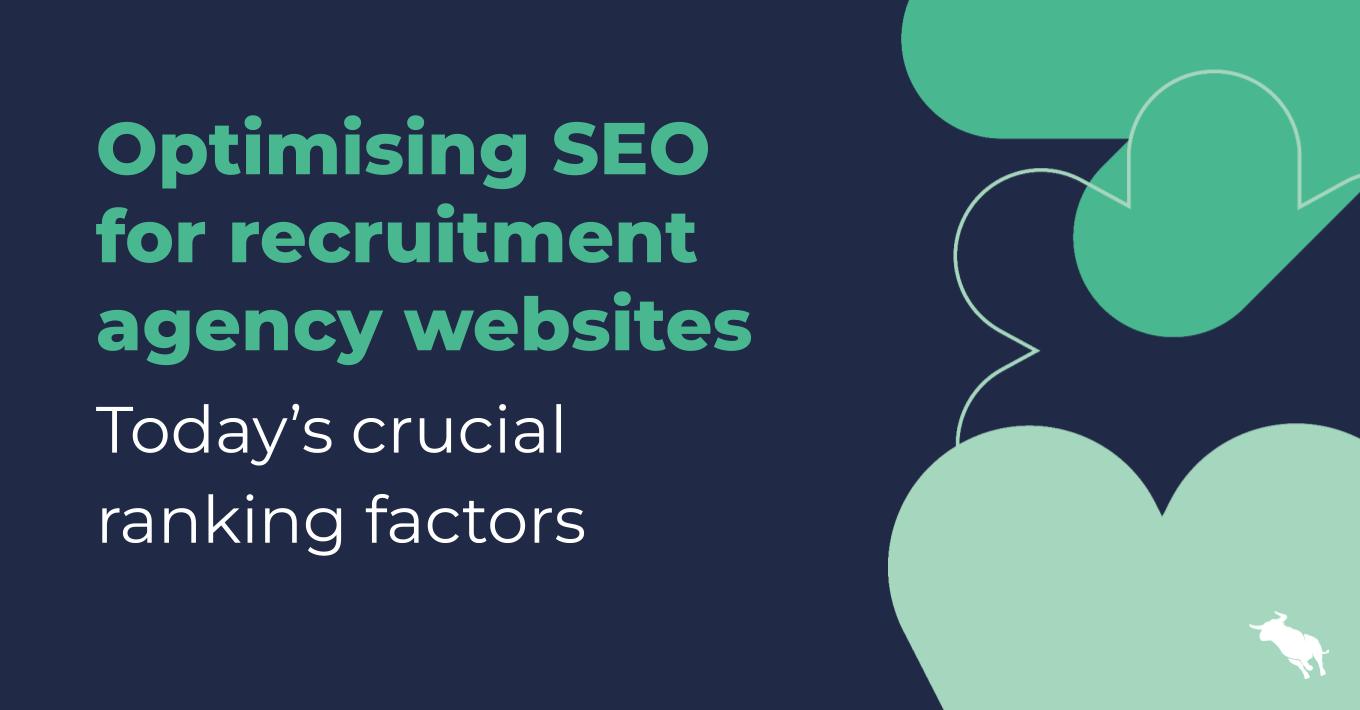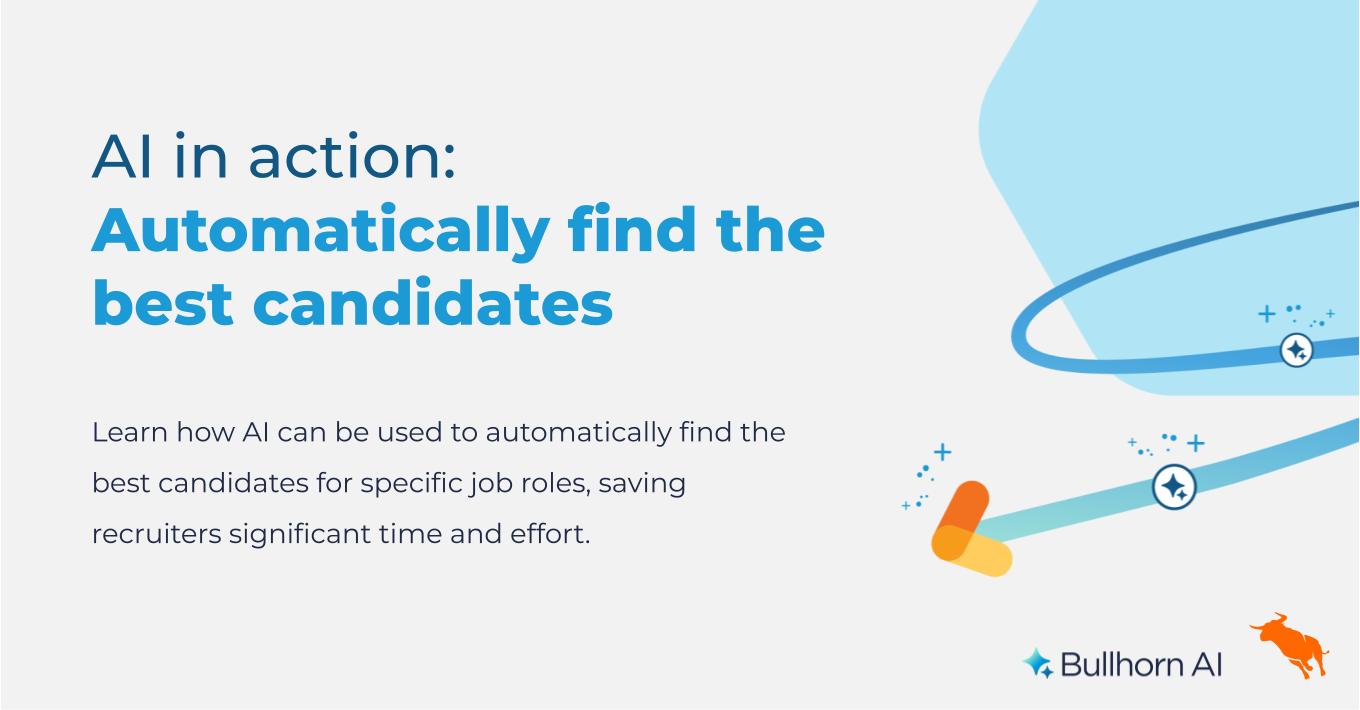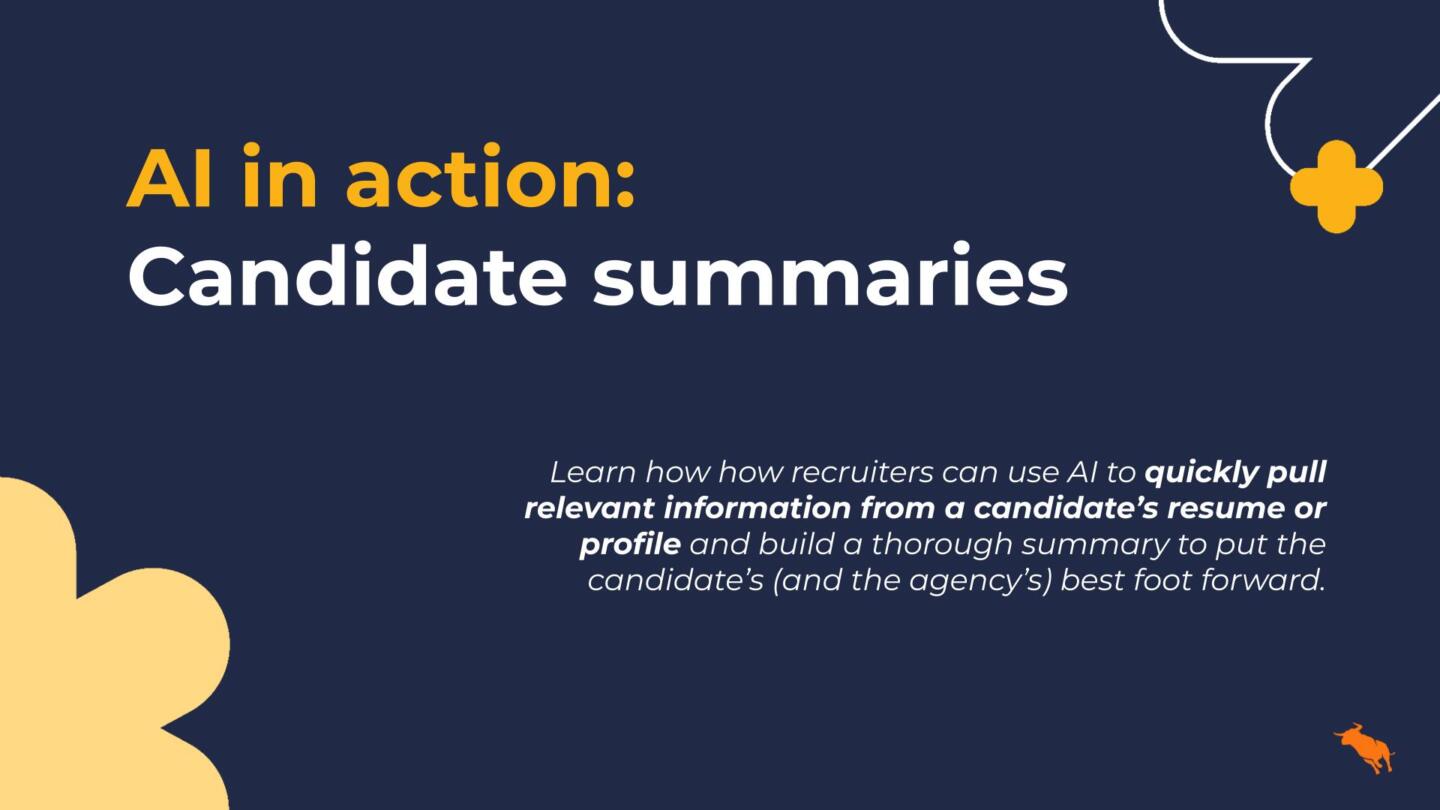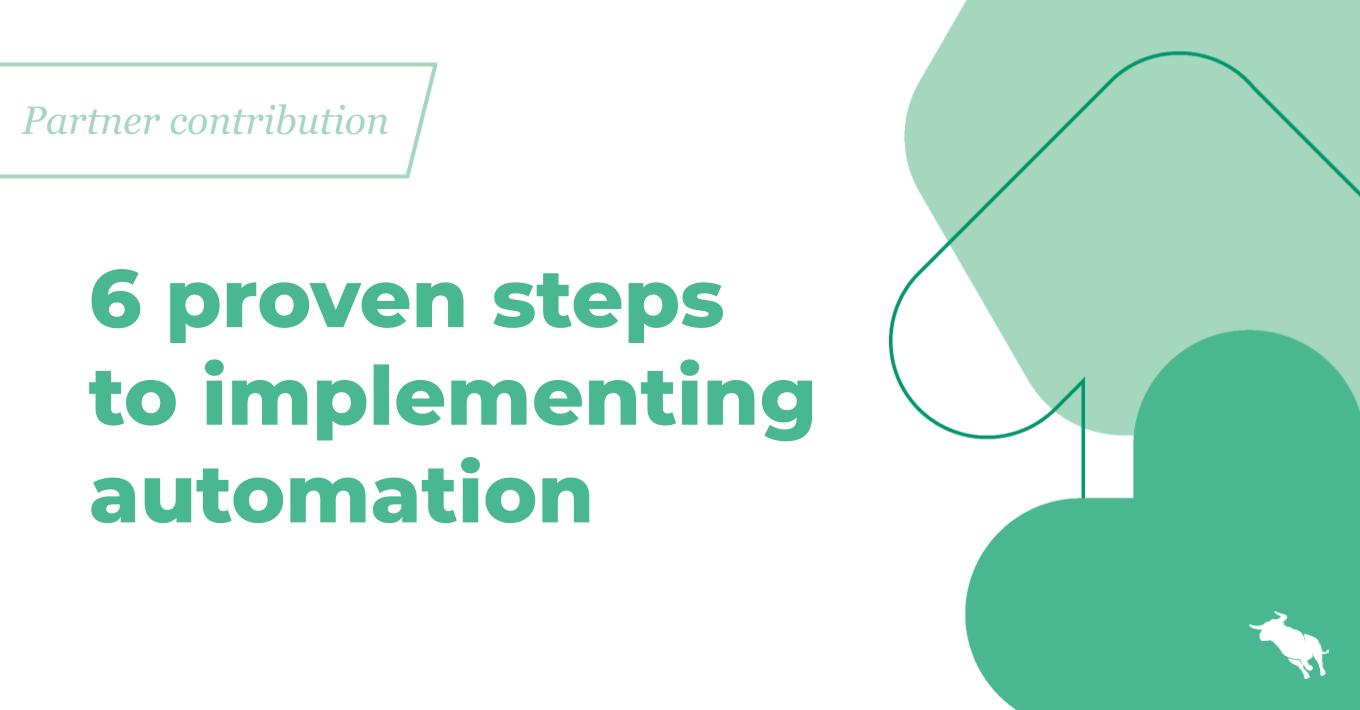Why Your Data isn’t Your Business
One thing I hear over and over again from executives in the staffing and recruiting industry is that their database is an asset. If someone has spent years building a database of clients and candidates, they feel that data is something of great value to their business. Certainly, it is expensive to pay people to build out a database. And, there’s no doubt that data helps drive the flow of business – what jobs are open, what candidates are a fit, what phone # to call, which candidates to avoid, etc.
But, here’s the problem with valuing the data: the vast majority of information in these databases is freely available to the public. Want to know who the VP of Sales is at Bullhorn? Go to LinkedIn. Want to know his work history and education? Ditto. Want to find people with enterprise software sales experience in Boston? We all know where to go to get that. Want to know what Raytheon is hiring for this month? Their website will tell you – better yet, their VMS will let you know. Want to know what a candidate’s interests are? Go to Facebook.
Perhaps 15 years ago, knowing these things about your clients and candidates gave businesses an edge. But, every year, more and more data is becoming freely available on the internet and its value as a competitive edge is eroding. In fact, the value of your data is probably near zero already. The game has changed. It’s not about what or who you know (or knew yesterday). It’s about how fast your firm can process and react to information. How quickly can you generate a list of qualified candidates for an order and blast them an email, SMS or phone call? How quickly can you get in front of the new VP of Development at the startup that announced VC funding this morning?
The staffing and recruiting industry is going through a tectonic shift. This type of radical change in access to information only comes around once a generation. Those who are agile and open their minds to the possibilities will ride the wave to big gains. Of course, some firms will still make a few bucks doing it the old fashion way – clinging to their data, but this will be the exception not the rule in the future.
